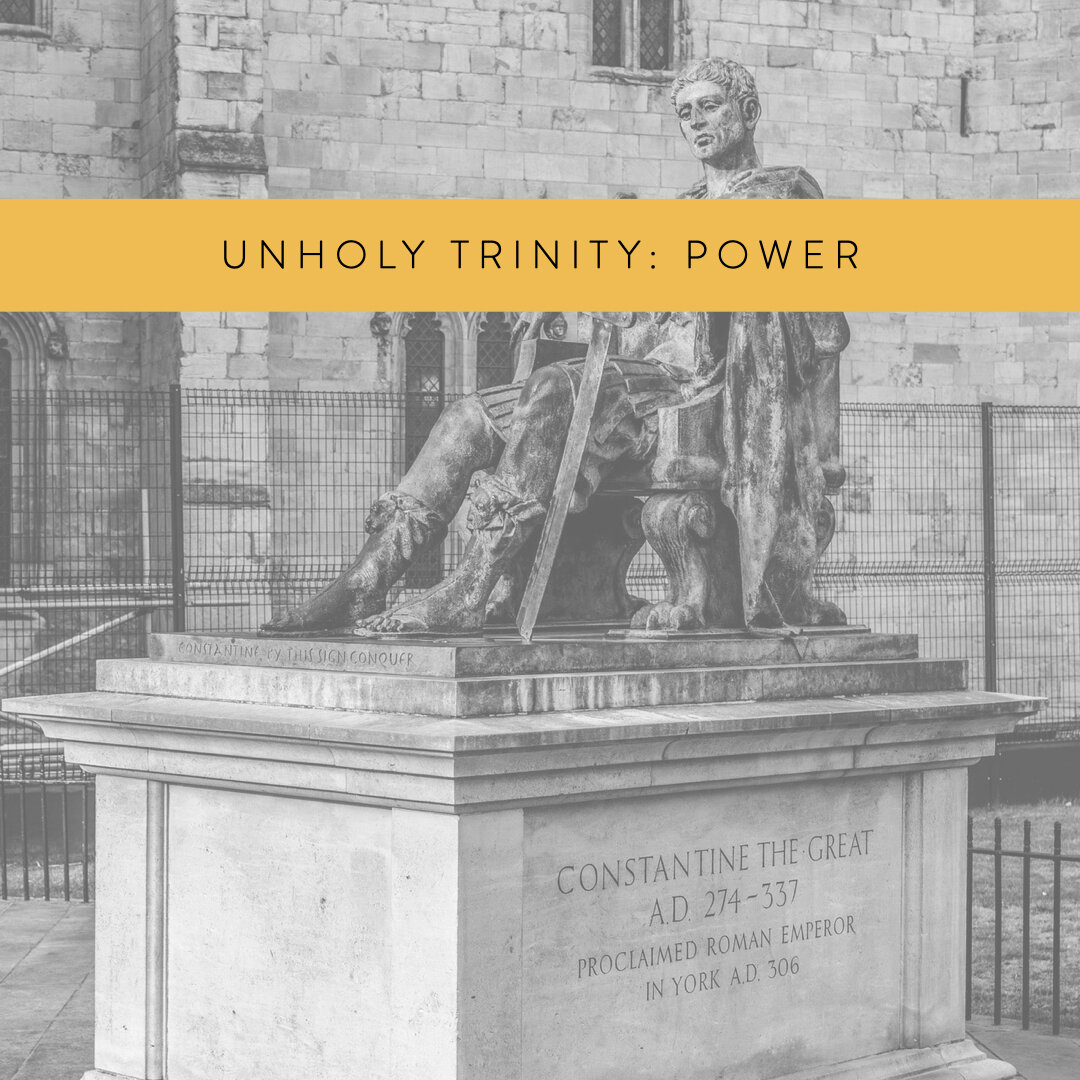Jesus and Social Justice: Why Salvation is Both Personal and Collective
Note: This was originally published in our bi-weekly e-newsletter, Liminal Spaces. To get future issues delivered to your inbox (and get our ebook for free!), sign up here.
Traditionally speaking, when seekers attempt to discover the historical Jesus, they almost always begin with Mark. The oldest gospel, Mark stands alone in antiquity because it was written to and about poor people: rural peasants who were the victims of political oppression, economic exploitation, and chronic violence legitimized by religion. Far from some heavenly tale of salvation, Mark centers his first-century story on everyday matters like poverty, violence, disease, racism, misogyny, and economic injustice.
In a way, Mark functions as an imperial expose, uncovering all the evil, violence, and oppression it took to make Rome great again. Kings, emperors, and priests are mocked while fishermen, shepherds, and lepers are praised. From the beginning, Mark introduces a Jesus who has a special penchant for untouchables, and he’s willing to risk his life to save them. But not save them in our traditional sense of the word. His life and ministry will seek to save them from the systems, powers, and societal structures keeping them in chains. His version of salvation involves our bodies, not just our souls.
I’ve often wondered why Jesus had such a special place in his heart for outsiders, those individuals whose sexual, racial, economic, or gender differences forced them to the margins. But a re-reading of Mark gives me the answer. Jesus was an undocumented immigrant. Jesus was a refugee. Jesus was poor. Jesus knew hunger. Jesus was homeless. Jesus was a bastard child. Jesus was a brown man in a white man’s world. Jesus was colonized. Jesus was racially profiled. Jesus was the victim of police brutality. Jesus was sexually abused. Jesus’ visceral desire to protect persecuted people stemmed from his own persecution.
The Jesus we meet in Marks’ Gospel was a social justice warrior. He preached social justice and then went about implementing it. In his inaugural sermon at his hometown synagogue, he delivered a message that would make John MacArthur and Mark Driscoll bristle. “The Spirit of the Lord is upon me because he has anointed me to preach the gospel to the poor...to heal the broken-hearted, to preach deliverance to the captives, to set at liberty those who are oppressed.” So much for keeping politics out of the pulpit. For Jesus, the “good news” is justice in an unjust world. It is both personally redemptive and socially responsible. We don’t get one without the other.
Ten years ago as I was deconstructing my faith, I made a last-ditch effort to resurrect the historical Jesus from an evangelical faith that had all but killed him. And like most seekers, I returned to a deep reading of Mark. In his pages I met fleshy Jesus, human Jesus, marginalized Jesus. I can’t speak to where your reconstruction journey might lead you, but meeting Jesus again for the first time just might be a great place to start.
Gary Alan










MAGA Christians are cruel because the MAGA cult is cruel; and MAGA Christians are cruel because cruel people tend to become MAGA members.